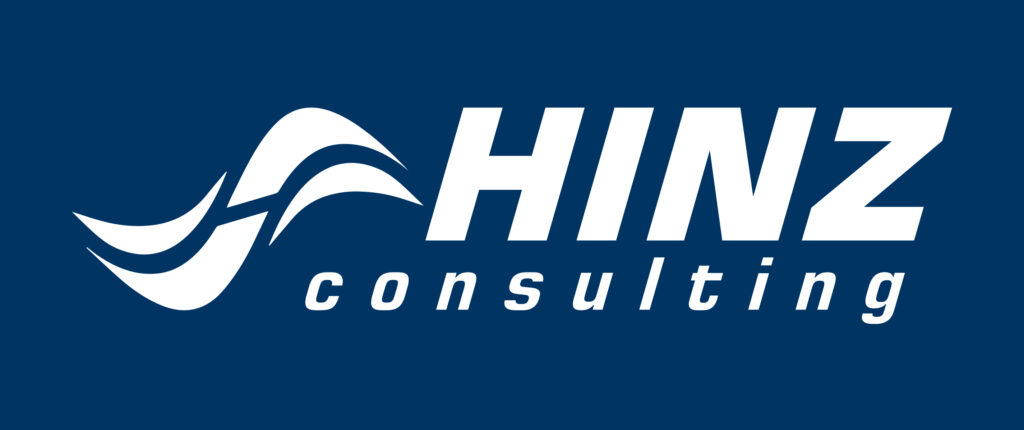Navigating the world of government contracting can be complex, but understanding the qualification process is crucial for businesses aiming to secure government contracts. Whether you’re a seasoned contractor or a newcomer to the field, knowing how to qualify for government contracts can significantly enhance your chances of success. In this blog, we will explore the key steps and requirements for government contract qualification.
What is Government Contract Qualification?
Government contract qualification is the process through which businesses demonstrate their capability to meet the requirements set forth by government agencies when bidding on contracts. This process ensures that only qualified vendors participate in government procurements, thereby maintaining the integrity and effectiveness of public spending.
Key Steps for Government Contract Qualification

- Determine Eligibility
- Business Structure: Ensure your business structure aligns with government contracting requirements. Common structures include sole proprietorships, partnerships, corporations, and limited liability companies (LLCs).
- Size Standards: Familiarize yourself with the Small Business Administration (SBA) size standards relevant to your industry. The SBA defines size standards based on average annual receipts or the number of employees. Understanding these standards is crucial for qualifying as a small business.
- Register Your Business
- DUNS Number: Obtain a Data Universal Numbering System (DUNS) number, which is required for federal contracting. This unique identifier helps government agencies track and evaluate your business.
- SAM Registration: Register your business in the System for Award Management (SAM). This registration is mandatory for all entities wishing to bid on government contracts and is a key step in ensuring your eligibility.
- Understand Contracting Vehicles
- Identify Contract Types: Familiarize yourself with the various types of government contracts, such as fixed-price contracts, cost-reimbursement contracts, and indefinite delivery/indefinite quantity (IDIQ) contracts. Understanding these contract types will help you choose the right opportunities for your business.
- GSA Schedules: Consider obtaining a General Services Administration (GSA) schedule. GSA schedules allow businesses to sell products and services directly to government agencies, streamlining the procurement process.
- Prepare Required Documentation
- Certifications and Licenses: Gather all necessary certifications and licenses relevant to your industry. These may include state and local business licenses, professional licenses, and industry-specific certifications.
- Past Performance Records: Compile documentation demonstrating your past performance on similar contracts. Positive past performance is often a critical factor in government contract evaluations.
- Develop a Strong Capability Statement
- Overview of Your Business: A capability statement is a concise document that outlines your business’s core competencies, experience, and differentiators. This document serves as a marketing tool to present your qualifications to potential government clients.
- Key Elements: Include essential elements such as your DUNS number, SAM registration, relevant past performance, and contact information. Tailor your capability statement to highlight your strengths and align with government agencies’ needs.
- Understand Compliance Requirements
- FAR Compliance: Familiarize yourself with the Federal Acquisition Regulation (FAR) and its implications for government contracts. Compliance with FAR regulations is critical for maintaining eligibility and ensuring a smooth contracting process.
- Security Clearances: Depending on the nature of the contract, you may need to obtain security clearances for your employees. Understanding these requirements upfront can help you prepare for specific contract opportunities.
- Networking and Relationship Building
- Attend Industry Events: Participate in government contracting conferences, trade shows, and networking events. Building relationships with key stakeholders in the government contracting community can lead to valuable opportunities.
- Engage with Agencies: Reach out to government agencies to learn more about their procurement processes and upcoming opportunities. Engaging directly with agency representatives can provide insights that are not readily available through public channels.
Benefits of Government Contract Qualification
- Access to Lucrative Opportunities: Successfully qualifying for government contracts opens the door to a wide range of lucrative opportunities across various sectors, including defense, healthcare, IT, and construction.
- Stability and Reliability: Government contracts often provide stable revenue streams, as they typically have longer durations compared to private-sector contracts. This stability can help businesses grow and plan for the future.
- Support for Small Businesses: Government initiatives often aim to support small businesses, offering programs such as set-asides and mentor-protégé programs. Qualifying for government contracts can position your business to take advantage of these programs.
- Enhanced Reputation: Successfully securing government contracts can enhance your business’s reputation and credibility in the marketplace. Government contracts are often viewed as a testament to a company’s reliability and capability.
Conclusion
Government contract qualification is a vital step for businesses seeking to enter the world of government contracting. By understanding the eligibility criteria, preparing the necessary documentation, and actively engaging with government agencies, you can enhance your chances of success in this competitive landscape. At Hinz Consulting, we specialize in guiding organizations through the government contracting process, offering support in areas such as proposal development, compliance, and strategic planning. Contact us today to learn how we can help you navigate the complexities of government contract qualification and achieve your contracting goals. Contact us to learn more!


